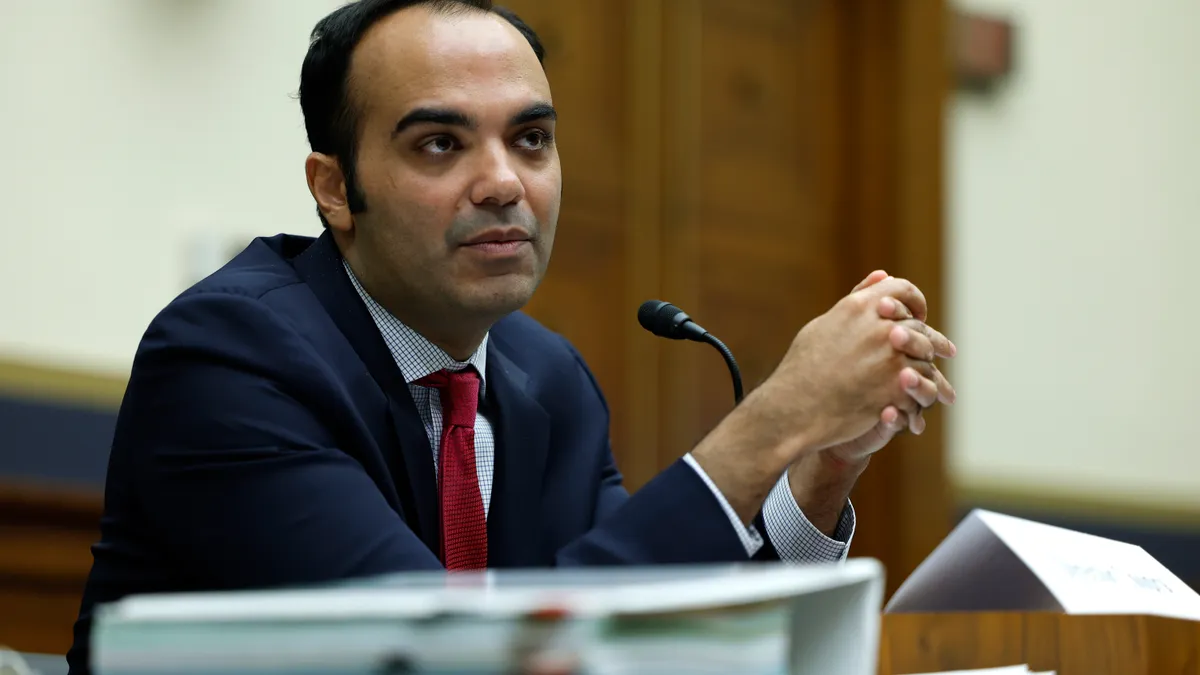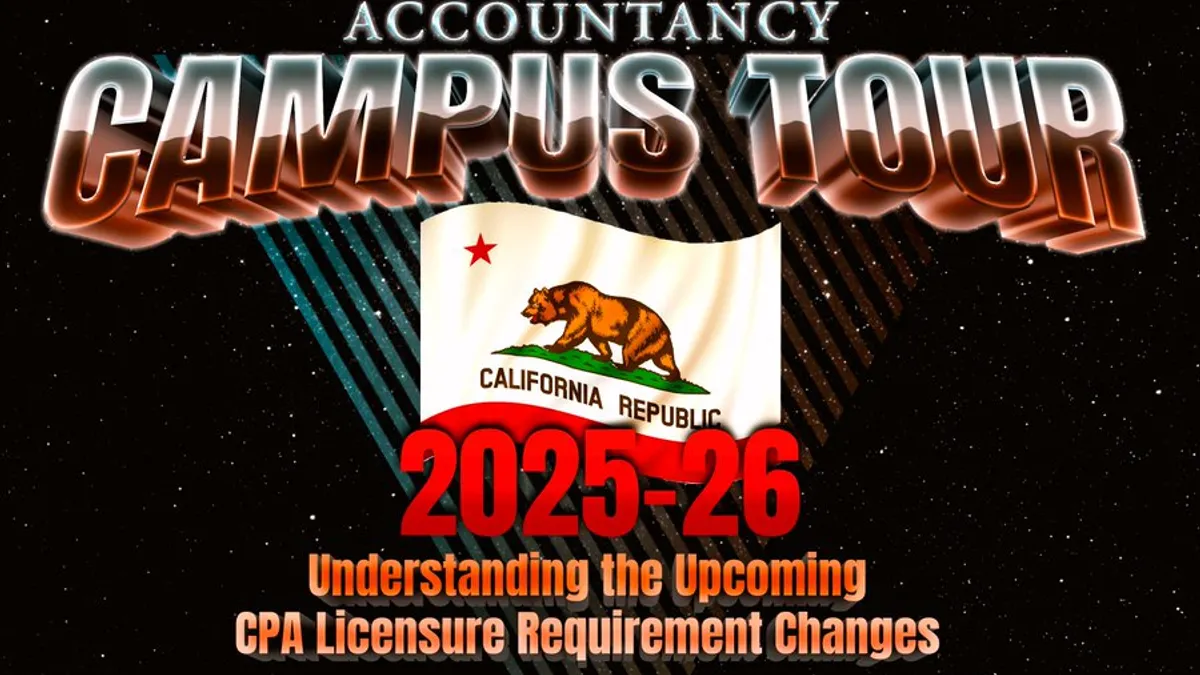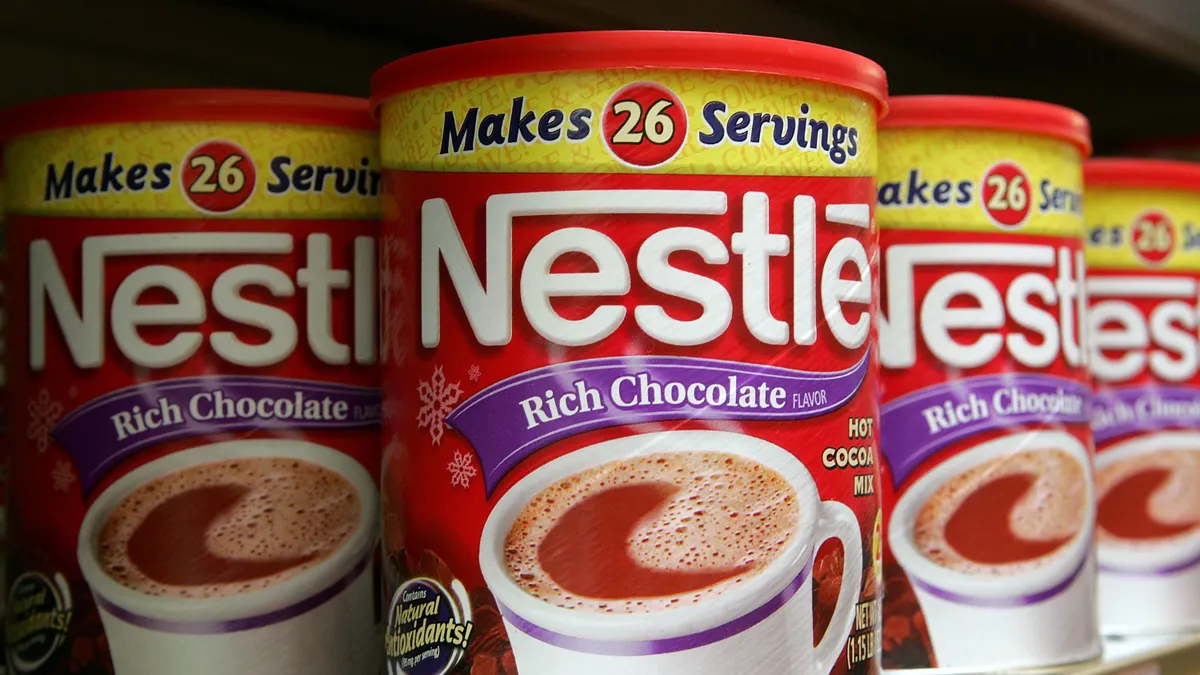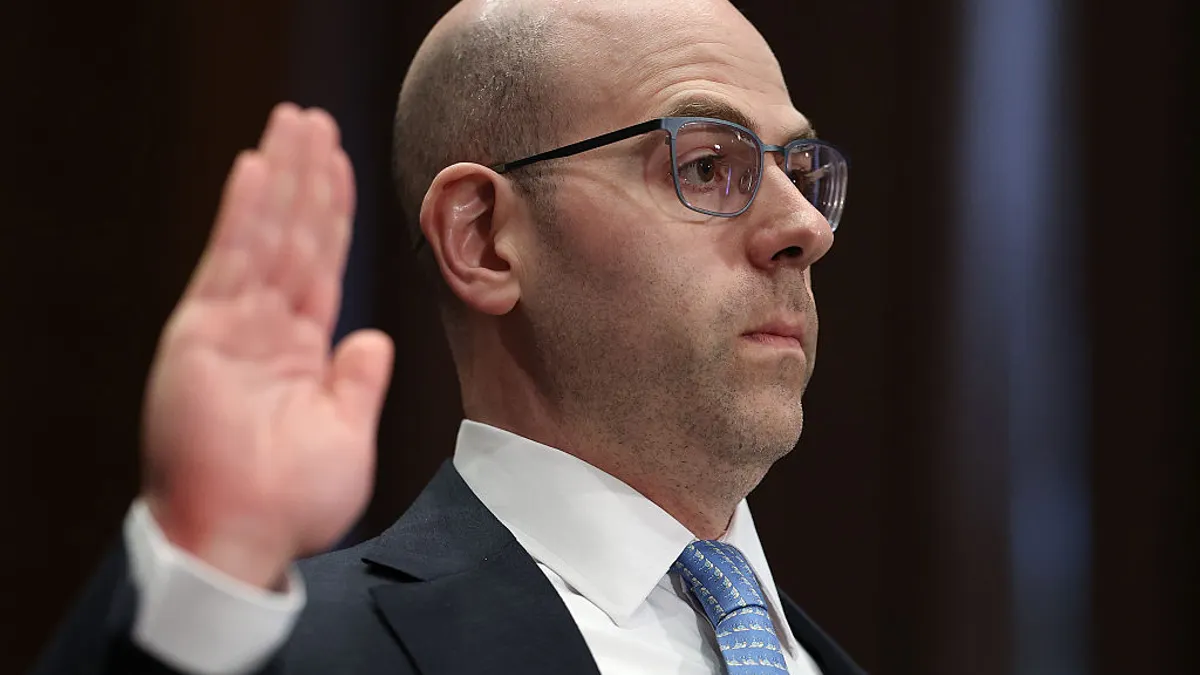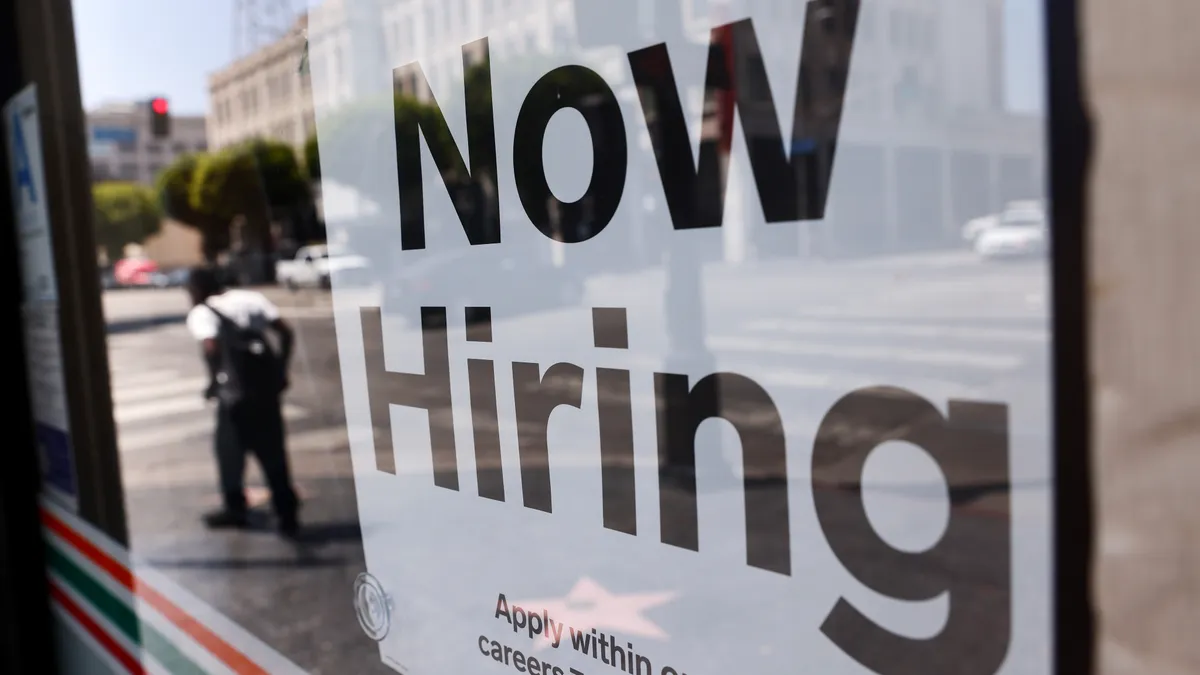Earned wage access providers are pushing back against the Consumer Financial Protection Bureau’s rule proposal to treat some early compensation payments as loans.
The American Fintech Council, which represents about a dozen EWA providers, may sue over the proposal and is continuing a campaign in states across the country to back legislation that is more friendly to the EWA industry, the trade group’s CEO, Phil Goldfeder, said in an interview.
The council, which includes the EWA providers DailyPay, Earnin, Dave and Payactiv, also plans to ask the federal agency to extend its deadline for providing commentary on the CFPB rule proposal issued last month. Currently, the deadline for any public comments is Aug. 30.
The federal agency’s move was its attempt to provide more oversight of the burgeoning earned wage access industry and its dozens of service providers that give workers access to their earned pay before regularly scheduled paydays. The CFPB’s rule proposal interpreted existing federal law as requiring that earned wage access payments that include fees and tips to be treated like loans.
“Paycheck advance products are often marketed to and designed for employers, rather than employees,” said CFPB Director Rohit Chopra said in a press release related to the proposal. “The CFPB's actions will help workers know what they are getting with these products and prevent race-to-the-bottom business practices.”
The CFPB’s move was a pivot from an initial policy regarding earned wage access that was issued under the Trump administration. The approach could change again if the Biden administration is followed by a return of Trump following the presidential election later this year.
“Earned wage access is not a loan, and it shouldn't be regulated as such,” Goldfeder said in an interview last week. “We're obviously deeply disappointed with not just the CFPB's position, but their dramatic 180 from the guidance they released in 2020, which most responsible companies built their programs on.”
When asked about the possibility of suing the agency over its EWA proposal, Goldfeder said that’s an option. “We are exploring all of our options,” Goldfeder said. “We have spoken with a number of law firms in exploring all of our options to protect American consumers and the financial options.”
The AFC hasn’t filed a comment yet on the rule proposal, but plans to do so, and to include a request to extend the comment period. So far, 18 comments have landed in the federal rule proposal docket, most of them from individuals.
If the rule goes into effect, it will “harm” millions of Americans who have come to rely on these EWA products, some of whom might have to return to leaning on predatory lenders for early access to their earned pay, Goldfeder argued.
“Unfortunately, if the CFPB does continue to move forward with this interpretive rule as is, the companies are going to have to adjust and shift their business models,” Goldfeder predicted, saying the providers may cease offering the services or make it so expensive as to be “inaccessible to many Americans.”
The council isn’t against any type of regulation and has backed state laws requiring registration, among other measures. So far, five states, including Nevada and Wisconsin, have passed such laws and the industry is backing similar approaches in more states. Other states, including California, are leaning toward the CFPB’s approach.
Overall, the AFC opposes treating EWA payments like loans, and subjecting them to the Truth in Lending Act, among other federal laws. “Early wage access is a new emerging product that requires its own regulatory structure to ensure that consumers have the access, but also remain safe,” Goldfeder said.
In issuing its rule proposal, the CFPB said it has studied the industry and found workers with access to the services tap them 27 times per year, on average, paying interest at an annual percentage rate of more than 100%.
There are dozens of different EWA providers, with a variety of business models, some providing services directly to consumers and others through workers’ employers. Some charge fees for the services or related features, like expedited payments, and some allow users to give gratuities in exchange for the services.
Some companies are prepared for the possibility of early wage payments being treated like loans and don’t oppose the CFPB’s proposal. Those companies, including the neobank Chime and the company Clair, welcome the CFPB’s move to regulate the industry.
“We built our entire program assuming this would happen,” said Clair CEO Nico Simko, who co-founded the New York company in 2020. “We don’t make advances at Clair unless they are complying with lending (laws) and with the rules that the CFPB has implemented in the past. And so for us, the reality is, it’s another day in the office.”
A spokesperson for the CFPB declined to comment on extending the public comment period, or delaying implementation of the rule.



